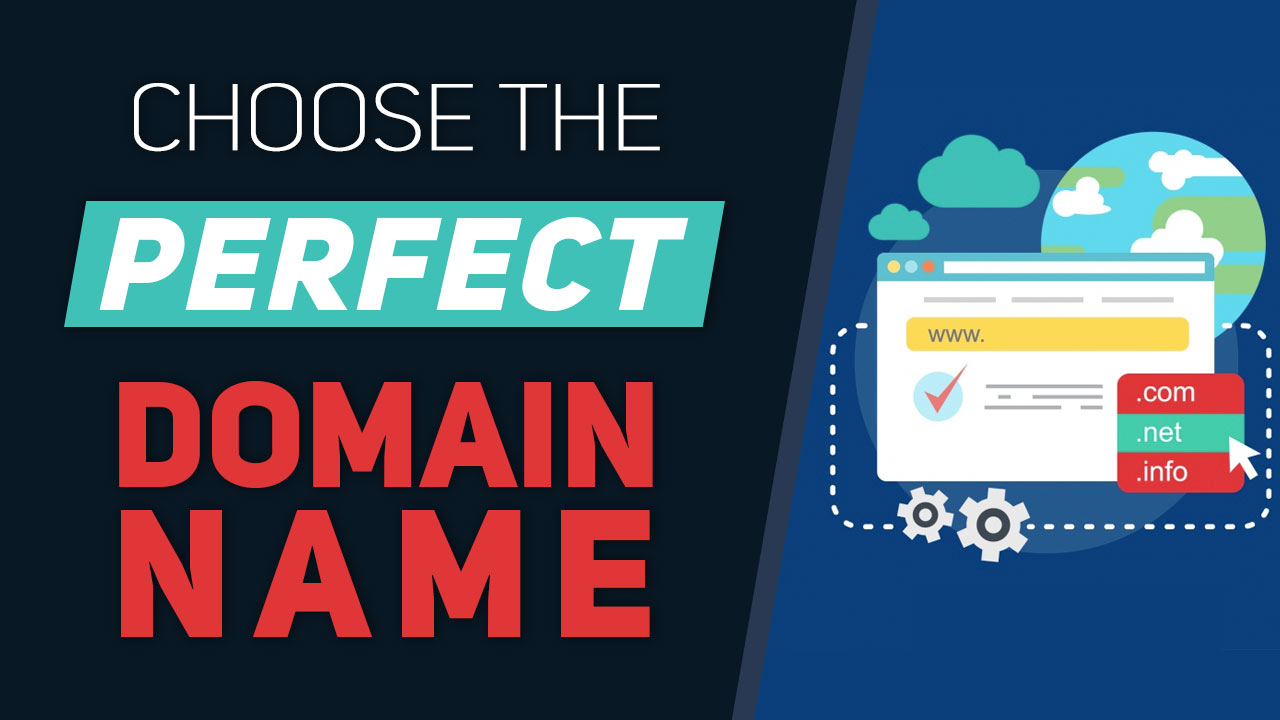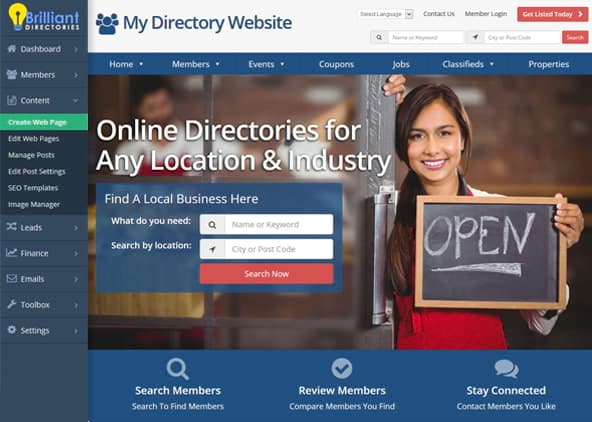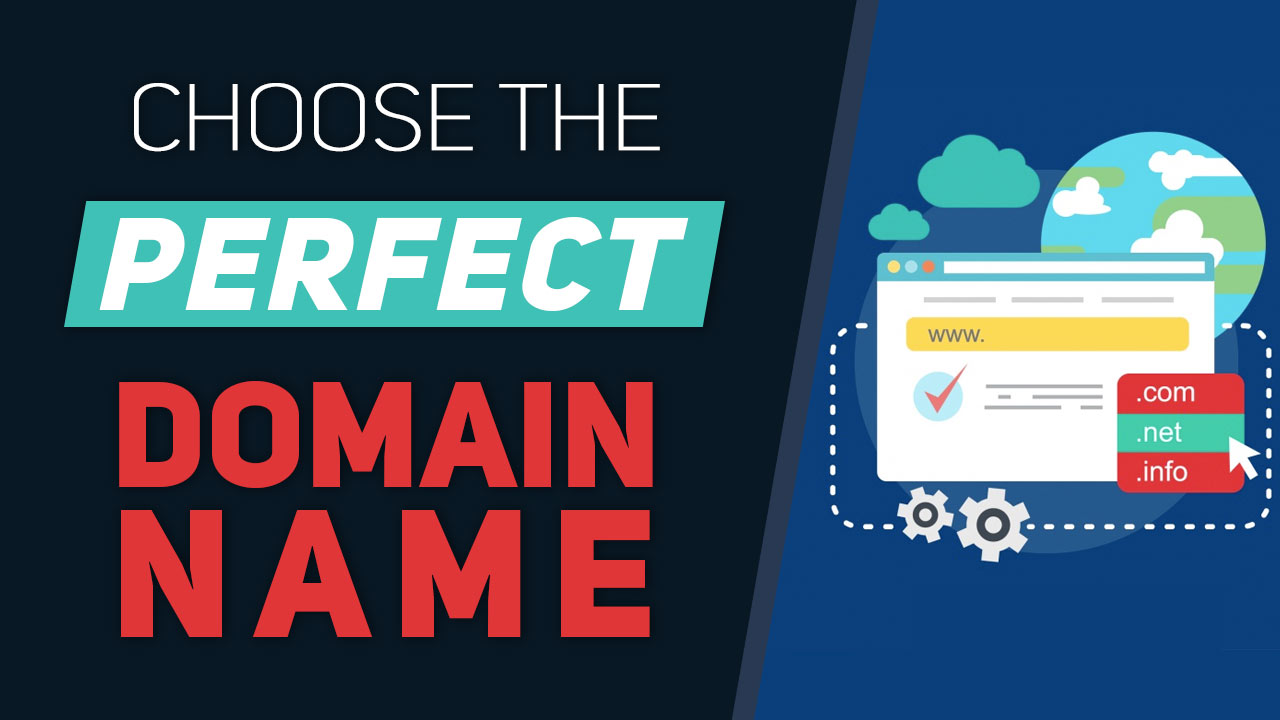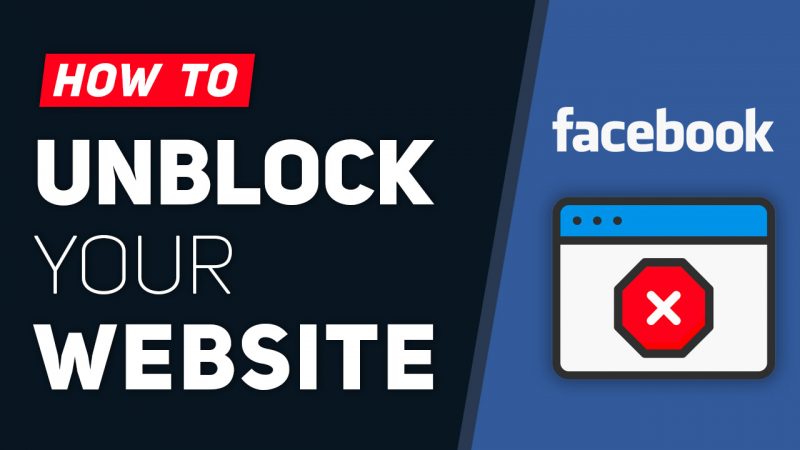
Let’s set the scene… You’re planning on launching a new membership website for your industry. You know what the business model is going to be, you have prepared well for its monetization, and you have a great membership website template in mind. The only thing you lack is a great sounding domain name.
If that’s the situation you find yourself in, we have a couple of tips on choosing a good domain name for a membership website.
Be Unique
You may be tempted to copy somebody else’s success and take a domain name that sounds like another brand. Sure, this can make your membership directory have more authority in the eyes of some people. But in the eyes of others, you’re not being an interesting and unique brand. If you copy some other brand name, many people will enter your site thinking you’re the brand you’re copying and will leave it.
It’s only natural that people who were looking for the specific brand leave your website once they understand it’s not them. The bounce rate this will generate will keep your website far from Google’s list of favorite websites.
Do your research to make sure that you don’t copy another brand by mistake. But you don’t need to be completely unique. That may not be even possible considering the number of businesses that exist today. If you find a similarly named local brand in another country, that’s perfectly okay.
Keep it Short
How do you like this domain name: eveythingyouneedtoknowaboutplumbing.com? It can be a good phrase on its own, and it can become a great headline for your blog. The problem, however, is that it doesn’t work well when you put it in the address line. Now, take a look at this domain name: plumbing101.com.
It conveys the same meaning, but it’s so simple even a five-year-old will remember it. Make your domain name as short as you can. This will make it harder to mess up when typing in a browser’s address line.
No Hyphens
Here’s a quick tip that will make your domain name look better. Don’t use the hyphen, even though all registrars allow that. It makes the domain name of your membership website harder to remember and harder to pronounce.
What if you name your website a-lexa.com? Your users won’t say “a hyphen lexa dot com,” they’ll say “alexa dot com” when telling their friends about you. A significant part of them will end up on another website and will leave confused.
Use a Keyword
There are several ways to get recognized by Google’s algorithms. You can build links, have good hosting to improve website speed (read here to learn more nuances about hosting), and do your keyword research. Even though using keywords in text is common practice, using keywords in domain names is a controversial topic.
On one hand, a domain name like getplumbinghelp.com may have a better SEO potential than one named patrickp.com. Even though Google claims keyword domains don’t work anymore, they can still be effective outside of the US.
But there’s a downside. Getplumbinghelp.com is not a great brand name. It would be like Oxford Dictionary trying to patent the English language.
Go for the golden middle. Use one keyword in your domain name, not for the search engines, but for users. They will see a new brand name in their search and will instantly know what your website is about by the keyword in the domain name.
Be Local
Is your membership website focused only on a specific area? If you’re sure you won’t have to scale your business outside of that one area, you can use a local name to make it stand out. Get a name like bestlawyersca.com or dentistsearchtx.com, and your audience will immediately know which market your website caters to.
Choose the Right Extension
You can show your local position by choosing the right domain extension. If you’re launching a membership website for a country other than the US, this is a great choice. .de, .fr, or .co.uk are all popular and widely used domains, so you will have no problem with people recognizing it as a local website.
Make sure not to use .ca and .la for US-based websites. These domain names are for Canada and Laos, not California and LA, as some people think.
You’d be better off using a .com domain instead of .info or .org because it looks more authoritative. Even though .org is technically for non-profits, no one will stop you from profiting from a .org website. Made simple, users think .com’s are more reliable, and it’s what many of us expect.
This doesn’t mean there is nothing to gain by choosing an odd domain extension. For instance, if you’re selling HR Software, the obvious choice is to include the keyword “hr” in the domain name. But you don’t have to do that since .hr is also an extension. This is how Cake.hr got its name. It’s brandable, and it tells you straight away what their business focus is.
The Bottom Line
Choosing a great domain name for a membership website is just the start. The bulk of the work on making it a brand is on you. There’s a reason apple.com and amazon.com are not called coolphones.com and wesellstuff.com. These companies took a random name and made it a legend. You can do it too!





![[MUST READ] 25 Secrets of Successful Membership Directory Websites [MUST READ] 25 Secrets of Successful Membership Directory Websites](https://www.brilliantdirectories.com/wp-content/uploads/2013/11/25-secrets-for-success.jpg)









